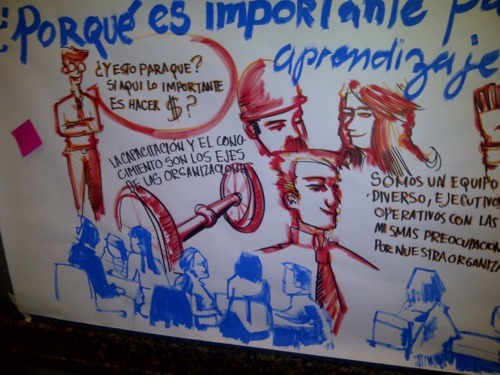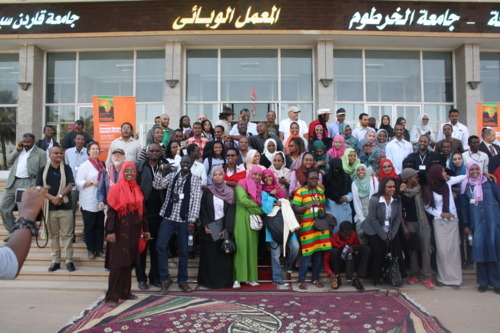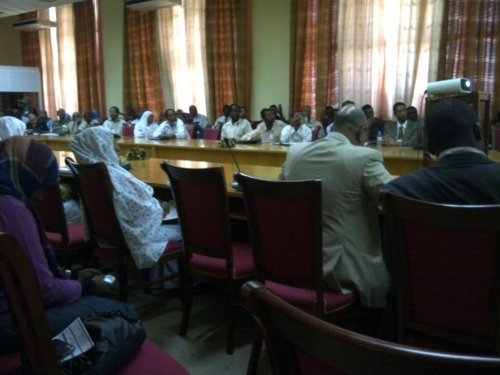A few weeks back I was in Maastricht, a town synonymous with a 1991 EU treaty I’d point to as the beginning of the movement to take the UK out of the European Union by those on the right of the Conservative Party led by Prime Minister John Major. This observation, from Elisabeth Hill-Scott, a political commentator, struck home:
Major was also able to argue that the Maastricht principle of ‘subsidiarity’ meant that more decisions could be devolved to the national level
I vividly remember the fractuous nature of the ensuing debate resulting in the eventual resignation of Prime Minister Major. I mention that example to emphasise how words (and places) shape our perception and how ambiguity, while useful in getting political treaties over the line can be destructive in a business environment where a second language is the vehicle of communication.
Back to July 2022. We were in Maastricht for my birthday to attend a twice postponed (due to Covid-19) concert by local boy made good Andre Rieu. Each year Andre and his orchestra occupy the town square in July for a series of open air dinner concerts. The audience is diverse, smart and multicultural. The lingua franca is English!
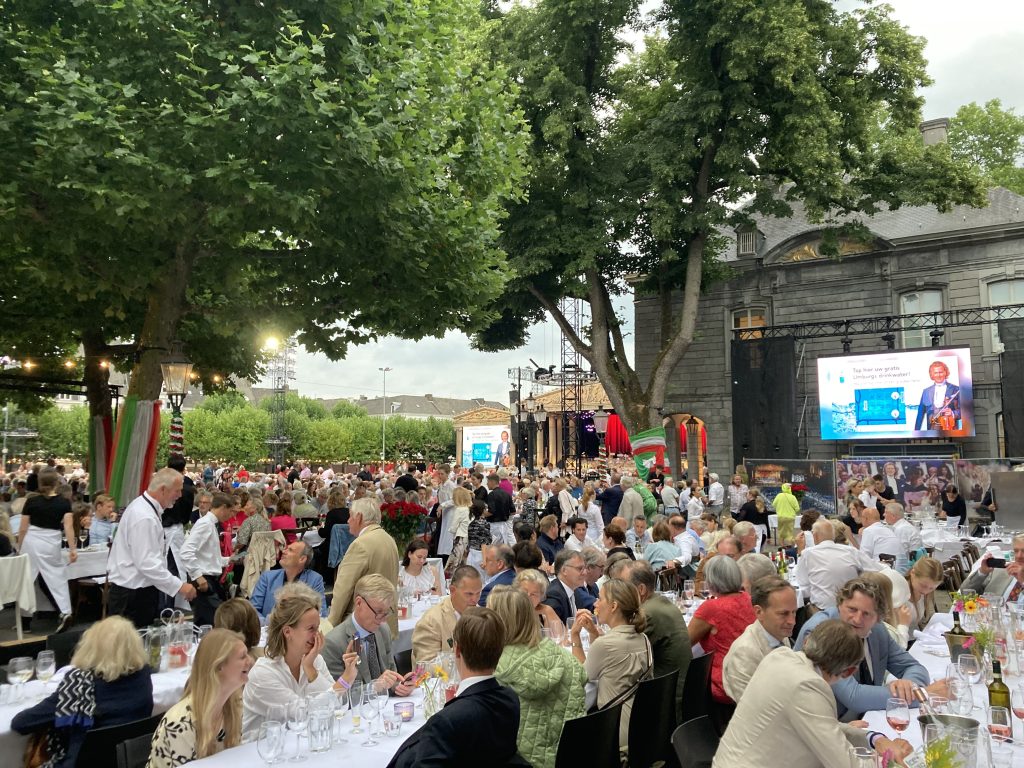
That we chose to travel via Le Shuttle on the day schools broke up for the summer term was poor planning though in mitigation when we originally booked the dates did not coincide. The additional presence of my 94 year old mother added to the sense of anxiety when, arriving on time for check in, we were told departures were being delayed by 3 hours! Our sense of frustration was exacerbated by the blame game that ensued with the UK Home Office castigating the French for the lack of border officials to check passports and the French opining it wasn’t them that changed the European travel rules. The truth, revealed by a Eurotunnel official, they were surprised by the demand and unprepared for the rush.
A gulf in perception
Apart from my wife Ana (who is Portuguese) and mother (who isn’t) we were joined by a Dutch friend Annette who lives and works in Germany and her German friend Gaby. The event was to prove a great backdrop to a series of conversations about perceptions, cultural nuances and miscommunication.
I’ll begin on the evening of the concert. Since my mother is no longer fleet of foot we needed to park as close to the main square as possible. An early arrival ensured we found an off road parking space. With no barriers, cameras or ticket machines, I was intrigued as to how parking fees were collected and non payment avoided. I was told people just come in and pay out of a sense of obligation.
A day later and the five of us are exploring Maastricht and surrounds. We noticed how the people who served us were smart, engaging and seemingly proud of their roles; and how respectful the clients were of them. Throughout our time there, eating or drinking proved to be a collaborative experience where the ‘server’ took pleasure in your pleasure.

There are staff shortages mainly due to Covid not a lack of interest. Being in hospitality is viewed as a career and not looked down on and seen as a retrograde step for those unable to get a real job!
Linguistic & cultural nuances
This got us onto the use of language. Surrounded by 3 people whose linguistic capabilities put mine to shame we discussed how the English tend to thrive on ambiguity (see Treaty of Maastricht interpretation above).
I shared my experience of managing the intergration of Dutch, German, US and English companies; how the word interesting is interpreted as a positive word by non English when it is quite likely to be a way of saying “not on my watch”.
Another word often used by native English speakers that can cause offence is tolerant. When describing how accomodating ‘we’ can be, I said we are tolerant. “You tolerate me?” was the sharp response! As a result I no longer use that phrase.
I first came across the phrase “Goat mouth” while conducting an interview with a President while on a Knowledge Management assignment in the Caribbean.
Slang expression for someone that has the ability to predict future outcomes (particularly unfavorable future outcomes that causes misfortunes)
https://jamaicanpatwah.com/term/Goat-mouth/1574#.YvuQxPHMJeU
Had I understood it at the time it would have put much of the remaining conversation into context. NB it showed the value of capturing (with the interviewees consent) the conversation and having it transcribed!
Finally, going back a decade, I am working on a project to improve collaboration and team working across a global organisation. Having surfaced a number of stories of behaviours and cultural nuances that separate and unite we create a “What makes us tick?” booklet that serves as a critical friend aimed at getting the team to reflect first and speak / write second.
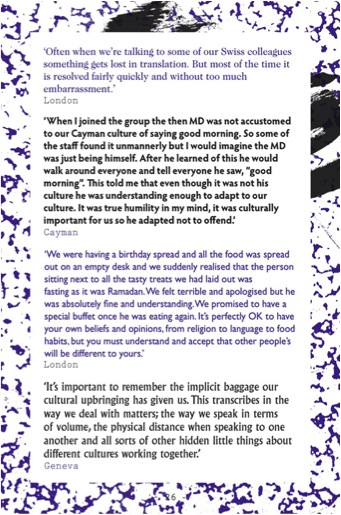
And finally
You might be aware one of my prime interests is Bees Homes who sells beautiful homes.
The process of selling and buying a property in the UK is convoluted and alien to the majority of the rest of the world. Solicitors / Conveyancers are at the centre of the English process and their interpretation can derail a transaction especially when each has a different take of property & boundary law. When structural surveyors are instructed as they tend to be on older property purchases there is a need for careful interpretation of what their words really mean.
Here’s a true story:
A couple of friends were buying a wonderful but run down property commanding a magnificent view over Friston Forest. When they received the surveyor’s report they questioned whether they should go ahead with the purchase as it contained many comments of concern. Our friends who are practical business people decide to cut throught the caveats and legalese and ask a straight question:
“Are you aware the property has been empty for 4 years? If so would you buy it?”
The response: “No we weren’t. In that case in a heartbeat, all it needs is a little TLC”
Imagine then, selling a historic property to an overseas buyer who works for a parastatal organisation and prone to forensic interpretation of words. The propensity for misunderstanding and mistrust is great and requires the patience of Job. Phrases and words of professionals can be confusing to overseas clients and result in intransigent positions being adopted.
I suggest the English speaking world is privileged but lazy. Few of us speak another language yet we get offended when non native English speakers don’t grasp what we say or mean.
Here’s a mantra I developed many years ago to mitigate this issue. Taken from a post I wrote while helping a new multicultural management team come together:
Perhaps the most revealing was that nobody had English as his or her first language. We adopted this mantra as a way of overcoming potential misunderstanding:
‘I heard you to say…. and I understood you to mean….’
Further we agreed that whenever anyone did not understand a phrase or word they would seek clarification and record it on a white board along with a glossary of terms.
Thanks for reading



